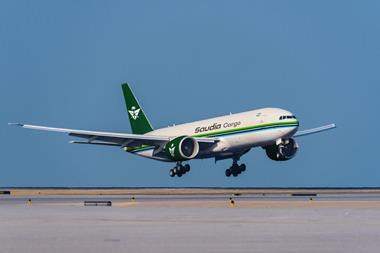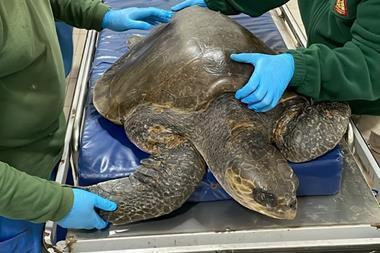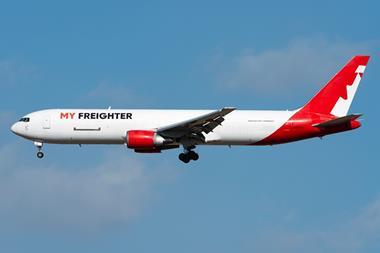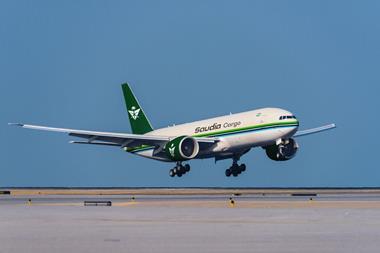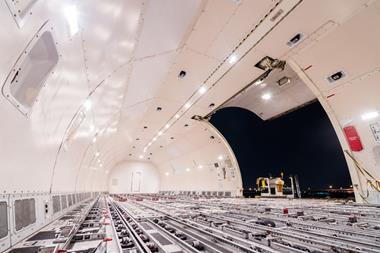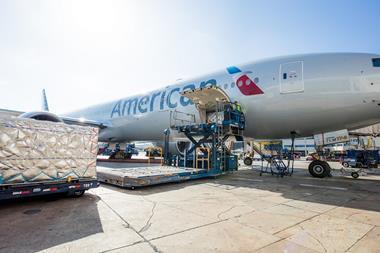Turkish Airlines has given more details on its plans to expand its freighter fleet over the coming five- to 10-year period.
Speaking at the Tiaca Executive Summit hosted by Brussels Airport, Turkish Airlines chief cargo officer Turhan Özen said the carrier had ambitious plans for its passenger fleet and in line with this is also planning to expand its freighter fleet.
The carrier is hoping to expand its current overall fleet from around 429 currently to more than 800 in 10 years’ time.
On freighters, Özen said that over the next “five years plus” the freighter fleet would expand from its current 24 aircraft to 40 aircraft.
Turkish Airlines has been working on an order for 400 narrowbodies and 200 widebodies in order to meet these ambitions.
The airline had initially hoped to finalise that deal this summer, but completion has been complicated by challenges securing delivery slots at Airbus and Boeing and current engine supply issues, reports FlightGlobal.
Özen said that the airline may turn to wet lease, dry lease and ACMI in the short term to meet its freighter requirements as a result of the production limitations.
He pointed out that the carrier already operates leased freighters – 18 of its 24 freighters are owned (10 Airbus A330s and eight Boeing 777Fs).
However, in the long run, Turkish Cargo will base its strategy mainly on new, owned aircraft.
On the side lines of the event, he added that the freighters would be widebody aircraft but final details on the makeup of the order and exact timeline could not be confirmed at this stage.
He said the main purpose of the freighter network is to optimise its belly network with the most profitable types of cargo.
According to an investor presentation released in earlier this year, the carrier expects cargo volumes to increase from an estimated 1.6m tons in 2023 to 3.9m tons in 2033 in line with its fleet expansion.
The presentation also revealed that some of the new aircraft could be conversions.
Meanwhile, by 2033, its freighter destinations are expected to increase from 104 to 150, cargo revenues are expected to increase from $3.7bn in 2022 to $9.6bn in 2033 and the share of special cargo revenue to reach 55% in 10 years from 36% in 2022.










